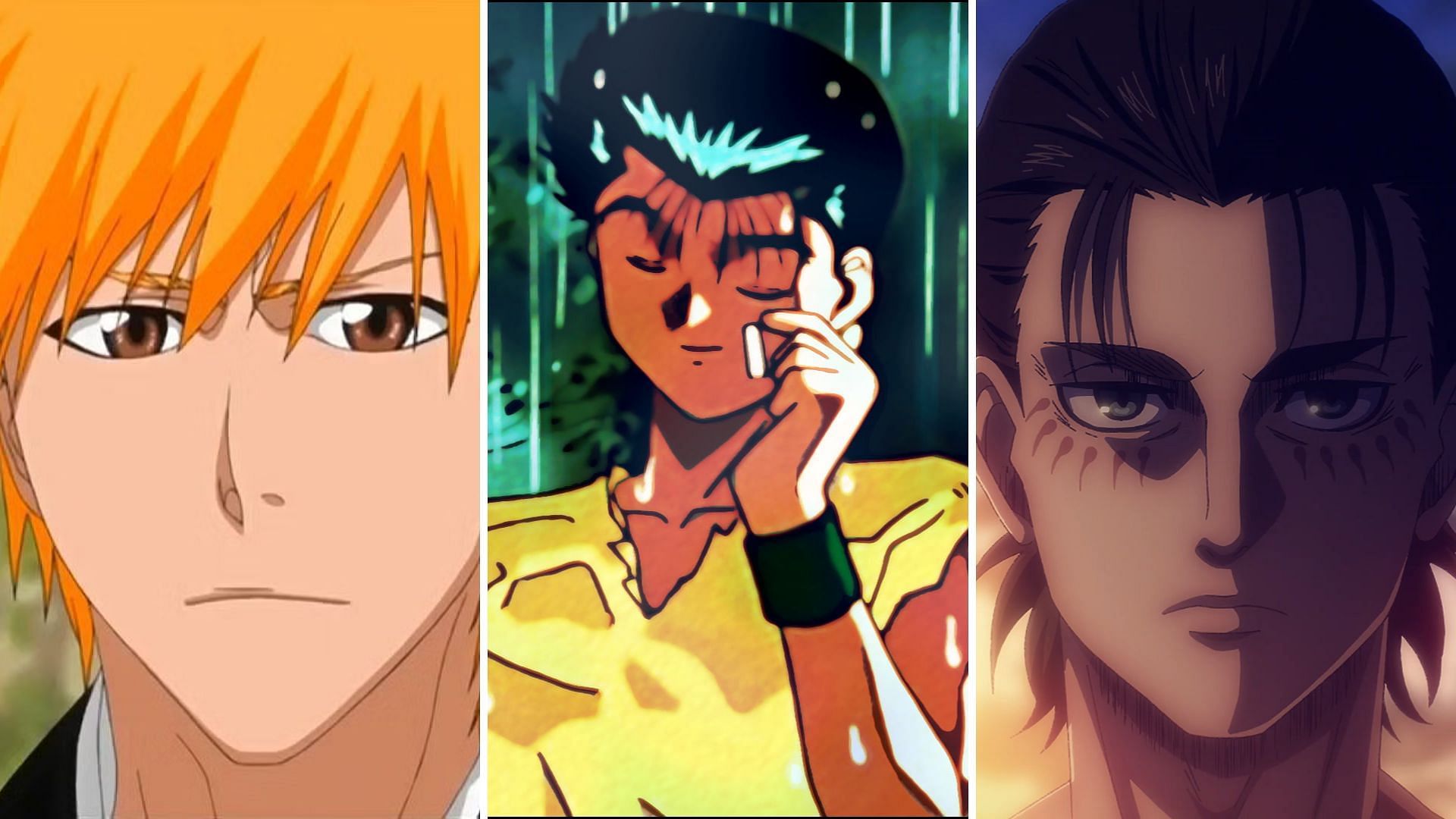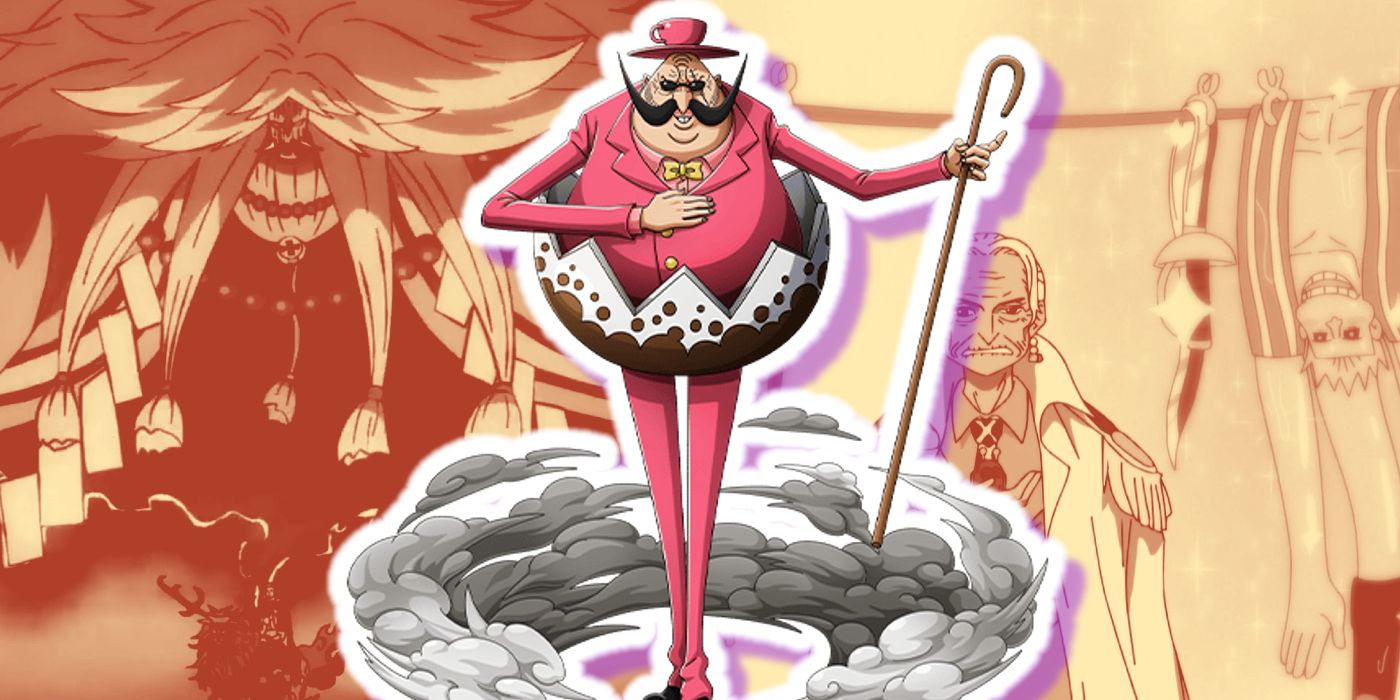Otaku Culture
Japan manages to protect the l0lis before the UN
Advertisement
Taro Yamada, a member of the Japanese House of Representatives, shared a statement on his social media informing about the recent approval of the draft of the new treaty on cybercrimes at the UN Ad-Hoc Committee. According to Yamada, significant progress has been made in maintaining the possibility of limiting regulation to “real people” only, thus preventing fictional content, such as anime, manga and video game characters, from being under threat of censorship. However, Yamada warned that the battle is not over yet, as there are latent risks in the ratification phase and in the implementation of national laws in Japan.

Yamada highlighted that, before the vote, he held a final round of negotiations at UN headquarters in New York with the Vice-Chair of the Ad-Hoc Committee and the Director of the UNODC Treaty Office, John Brandolino. These final efforts were crucial to ensuring that the treaty did not include excessive regulations on fictional content, an issue that has generated great concern in the Japanese community and among free speech advocates.
The treaty, which came about at the request of Russia and began to be discussed at the UN in late 2019, has been the subject of controversy due to its potential implications for Japanese popular culture. China, in particular, has been a strong advocate for a stricter regulatory framework, aiming to control the influence of Japanese anime, manga and video game content in its own country. Yamada praised the efforts of Japan's Ministry of Foreign Affairs and the Ministry of Justice for their key role in the negotiations, noting that they managed to keep the defense of freedom of expression as a priority.
The news sparked a strong reaction in the online community, with many expressing their relief and gratitude to Yamada and the Japanese authorities for protecting one of the pillars of Japanese culture.If it weren't for Yamada, anime and manga culture in Japan would have been destroyed by China. It's scary to think what could have happened.”, commented one user on a forum.

Another user added: “Yamada’s achievement is huge. Although the risk still exists in the implementation phase in Japan, at least we now have a chance to protect our fictional content.”. There were also those who stressed the importance of this victory not only for Japan, but for freedom of expression worldwide. “This treaty could have led to total control of speech on the Internet under the guise of protecting minors. What Yamada and his team have achieved is an important precedent in the fight against global censorship.”.
However, concerns about China’s influence on the process have not completely disappeared. Some members of the community have expressed skepticism about the future, pointing to continued pressure from China to impose stricter regulations.China has been the major orchestrator of these censorship attempts. There is no doubt that they will continue to try to influence the legislative process in Japan.”, commented one user.
On the political front, some free speech advocates have urged Yamada’s supporters to maintain their support, especially as the treaty enters the ratification and national legislation phase.Continued support for Yamada is crucial. We must show that we still have the support and that we will not allow regulators to move forward unopposed.”, declared one commentator on social media.
Finally, While experts warn that the fight is not over, the otaku community and free speech advocates in Japan are breathing a sigh of relief after this partial victory.. The next phase will be crucial, and vigilance and support from citizens will be decisive in preventing fictional content from being censored in Japan.
Source: Hachima Kikou





